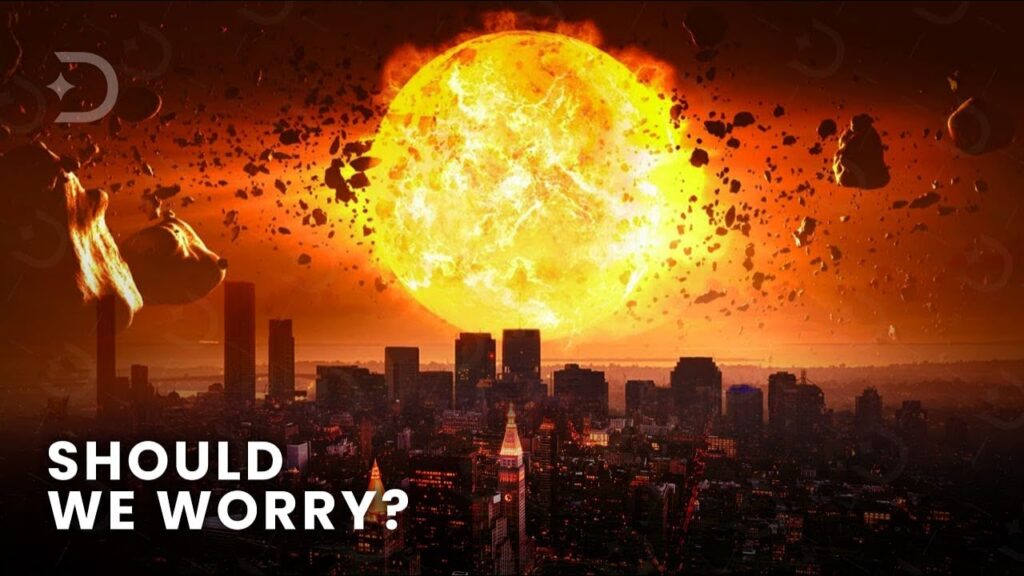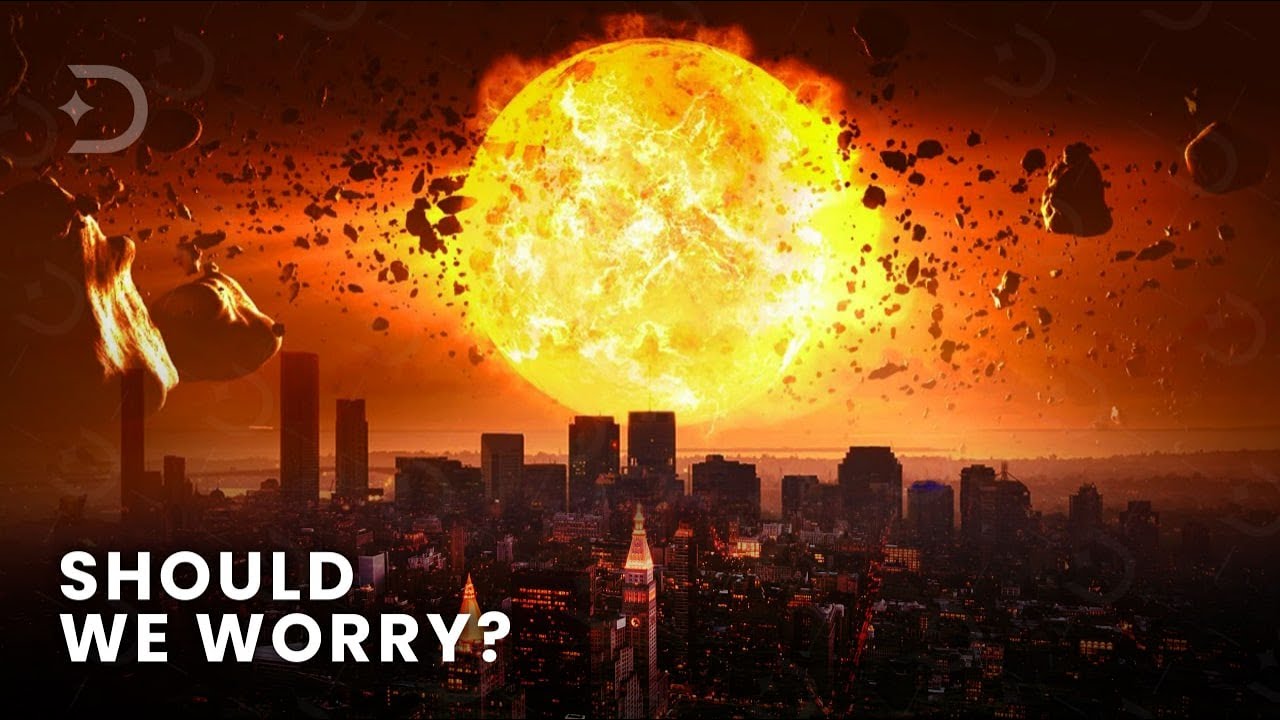
July 5, 2025: Predicting the Unpredictable and Preparing for the Future
The question, “what will happen in july 5 2025,” is a fascinating exercise in forecasting. While predicting the future with absolute certainty is impossible, we can explore potential scenarios, analyze existing trends, and make informed projections about what that day might hold. This article delves into various possibilities, from technological advancements and societal shifts to potential global events, offering a comprehensive and insightful look at what july 5 2025 might look like. We aim to provide not just speculation, but a grounded, expert-driven perspective to help you prepare for the future, whatever it may hold.
Understanding the Scope of Future Predictions
Predicting a specific date requires understanding the interplay of numerous factors. It’s not just about extrapolating current trends; it involves considering potential disruptions, unexpected innovations, and the complex dynamics of human behavior. To approach this task responsibly, we’ll examine several key areas:
- Technological advancements: What new technologies might be prevalent by 2025?
- Societal trends: How might social norms and values evolve?
- Geopolitical landscape: What potential global events could shape the world?
- Environmental factors: What impact might climate change and other environmental issues have?
By considering these diverse aspects, we can create a more nuanced and realistic picture of july 5 2025.
The Trajectory of Technology: Innovations Likely to Shape 2025
Technology is perhaps the most rapidly evolving aspect of modern life. Several key areas are poised for significant advancements by 2025:
Artificial Intelligence (AI)
AI is already transforming industries, and its influence will only grow. By july 5 2025, we can expect to see:
- More sophisticated AI assistants: Capable of handling complex tasks and providing personalized support.
- Wider adoption of AI in healthcare: Assisting with diagnosis, treatment planning, and drug discovery.
- Increased automation in various sectors: Leading to greater efficiency and productivity.
Virtual and Augmented Reality (VR/AR)
VR and AR technologies are moving beyond gaming and entertainment. By 2025, they could become integral to:
- Education and training: Providing immersive learning experiences.
- Remote collaboration: Enabling more effective virtual meetings and teamwork.
- Retail and e-commerce: Enhancing the shopping experience with virtual try-ons and interactive product demonstrations.
Biotechnology and Healthcare
Significant breakthroughs are anticipated in biotechnology, potentially leading to:
- Personalized medicine: Tailoring treatments to individual genetic profiles.
- Advanced diagnostics: Enabling earlier and more accurate detection of diseases.
- Gene editing technologies: Offering potential cures for genetic disorders.
Societal Shifts: Evolving Norms and Values
Societal values and norms are constantly evolving, influenced by technological advancements, cultural trends, and global events. By july 5 2025, we might observe:
Increased Focus on Sustainability
Environmental awareness is growing, and sustainability will likely become an even more prominent concern. This could lead to:
- Greater adoption of renewable energy sources: Reducing reliance on fossil fuels.
- More sustainable consumption patterns: Emphasizing eco-friendly products and practices.
- Stricter environmental regulations: Encouraging businesses to adopt sustainable practices.
Changing Work Dynamics
The way we work is also undergoing significant changes, driven by technology and evolving employee expectations. By 2025, we might see:
- Increased remote work: Offering greater flexibility and work-life balance.
- Greater emphasis on skills-based hiring: Valuing practical skills and experience over traditional qualifications.
- Growth of the gig economy: Providing opportunities for flexible and independent work.
Evolving Social Values
Social values are also likely to continue evolving, with a greater emphasis on:
- Diversity and inclusion: Promoting equality and representation for all.
- Mental health and well-being: Prioritizing mental health and providing support for those in need.
- Social justice: Addressing systemic inequalities and promoting fairness.
Geopolitical Landscape: Potential Global Events
The geopolitical landscape is constantly shifting, and unforeseen events can have a significant impact on the world. While it’s impossible to predict specific events, we can consider potential scenarios:
Economic Instability
Global economic instability could lead to:
- Recessions or economic downturns: Impacting employment and investment.
- Trade wars and protectionism: Disrupting global supply chains.
- Currency fluctuations: Affecting international trade and investment.
Political Conflicts
Political tensions and conflicts could escalate, leading to:
- Regional conflicts: Disrupting stability and causing humanitarian crises.
- Cyber warfare: Targeting critical infrastructure and disrupting essential services.
- Increased geopolitical competition: Leading to tensions between major powers.
Global Health Crises
The world could face new health crises, potentially leading to:
- Pandemics or epidemics: Disrupting economies and straining healthcare systems.
- Antimicrobial resistance: Making infections harder to treat.
- Increased focus on public health preparedness: Strengthening healthcare systems and developing new vaccines and treatments.
Environmental Factors: The Impact of Climate Change
Climate change is one of the most pressing challenges facing the world, and its impact will continue to grow. By july 5 2025, we might experience:
More Extreme Weather Events
Climate change is likely to lead to more frequent and intense extreme weather events, such as:
- Heatwaves: Posing risks to human health and infrastructure.
- Floods: Causing widespread damage and displacement.
- Droughts: Impacting agriculture and water resources.
Sea Level Rise
Rising sea levels could threaten coastal communities and ecosystems, leading to:
- Coastal erosion: Damaging infrastructure and displacing populations.
- Saltwater intrusion: Contaminating freshwater sources.
- Loss of coastal habitats: Impacting biodiversity.
Environmental Degradation
Other environmental issues, such as deforestation and pollution, could also worsen, leading to:
- Loss of biodiversity: Threatening ecosystems and food security.
- Air and water pollution: Impacting human health.
- Resource scarcity: Leading to conflicts over water and other resources.
Specific Events: A Hypothetical Scenario for July 5, 2025
Given the trends and potential events discussed above, let’s create a hypothetical scenario for july 5 2025. Imagine:
The world is grappling with the aftermath of a major cyberattack that targeted critical infrastructure, disrupting essential services in several countries. Governments are scrambling to restore systems and investigate the source of the attack. Meanwhile, a new AI-powered diagnostic tool is being rolled out in hospitals, promising to revolutionize healthcare. In other news, a major climate conference is underway, with world leaders discussing ambitious new targets for reducing greenhouse gas emissions. Socially, there’s a growing movement advocating for universal basic income, fueled by concerns about automation and job displacement.
This is just one possible scenario, of course. The actual events of july 5 2025 could be very different. However, by considering these potential developments, we can better prepare for the future and make informed decisions about our lives and our communities.
Navigating Uncertainty: Strategies for Adapting to the Future
Given the inherent uncertainty of the future, it’s essential to develop strategies for adapting to change. Here are some key approaches:
- Continuous learning: Staying up-to-date with the latest developments in technology, society, and the environment.
- Developing adaptable skills: Focusing on skills that are transferable and relevant across different industries and roles.
- Building resilience: Cultivating mental and emotional strength to cope with challenges and setbacks.
- Networking and collaboration: Connecting with others and building supportive relationships.
- Planning for contingencies: Preparing for potential disruptions and developing backup plans.
A Look Ahead: The Future is Being Written Today
While predicting the future with certainty is impossible, we can use our knowledge and insights to make informed projections and prepare for potential challenges and opportunities. By staying informed, developing adaptable skills, and building resilience, we can navigate the uncertainties of the future and create a better world for ourselves and future generations. July 5, 2025, and every day that follows, will be shaped by the choices we make today. Embrace the future with curiosity, adaptability, and a commitment to positive change, and be ready to adapt to whatever comes our way. This will lead to a more resilient and prosperous world for all.

